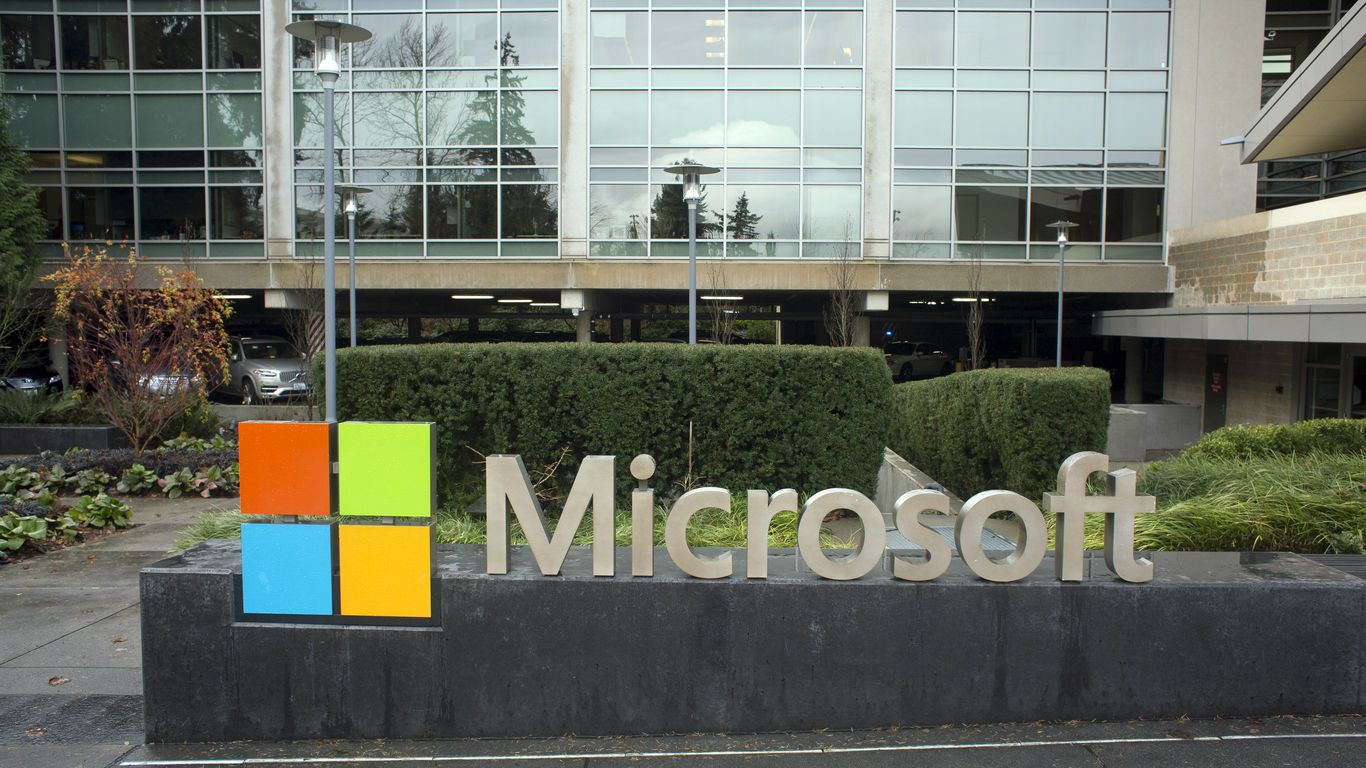
Microsoft's 50-Year Journey: From Startup to Seattle Tech Titan
Reflecting on its 50-year journey, Microsoft stands as a testament to the evolution of the tech industry and its profound impact on the city of Seattle. What began as a modest software startup has transformed into a tech behemoth, defining the landscape of innovation and growth in the Pacific Northwest. As we explore Microsoft's monumental journey, we underline how it has simultaneously shaped and been shaped by the vibrant culture of Seattle.
The Humble Beginnings
Founded in 1975 by Bill Gates and Paul Allen, Microsoft emerged during a time when the tech world was taking its nascent steps. Originally headquartered in Albuquerque, New Mexico, the company aimed to put a computer on every desk, thereby making personal computing more accessible. This bold vision compelled Gates and Allen to move the company to the growing tech hub of Seattle in 1979, setting the stage for what would become a mutually beneficial relationship with the city.
Growing Roots in Seattle
Microsoft's relocation to Seattle proved to be a pivotal move. The city, known for its rich educational resources and innovative spirit, provided fertile ground for Microsoft’s ambitious growth. By the early '80s, Microsoft's Microsoft Disk Operating System (MS-DOS) had established itself as the standard operating system for IBM PCs, skyrocketing the company's reputation and market reach. This growth phase saw the company expanding its workforce, contributing significantly to the revitalization of the local economy and setting a precedent for future tech endeavors in the region.
The Windows Revolution
A defining moment in Microsoft's history was the launch of Windows 95. This operating system not only revolutionized the user interface with its Start menu and taskbar but also democratized computing on a global scale. The success of Windows hinged on innovative marketing strategies and aggressive partnerships, solidifying Microsoft's position as a technology giant. Seattle became the epicenter of global tech development, attracting talent and investments from across the globe to its burgeoning tech scene.
Microsoft's Influence on Seattle's Growth
Microsoft's meteoric rise had profound implications for Seattle. The influx of tech professionals transformed the city into one of the United States' foremost innovation hubs. This growth catalyzed infrastructural development, from residential complexes to environmental sustainability initiatives. Microsoft itself has been a proponent of sustainable practices, reflecting the environmental consciousness intrinsic to Seattle's identity. The presence of a tech titan like Microsoft also fostered a competitive ecosystem, nurturing startups and drawing other tech giants to establish a presence in the region.
Tech Job Market Impact
The company's expansion created an abundance of high-skilled jobs, revolutionizing Seattle's job market and contributing to a nuanced tech-driven economy. Microsoft alumni, often referred to as "Microsofties," have gone on to establish influential companies, further entrenching Seattle's status as a cradle for innovation. This cycle of talent cultivation and dispersal has engrained a culture of entrepreneurial spirit within the city, inducing waves of positive economic ripple effects.
Cultural and Social Contributions
Beyond economic implications, Microsoft has played a crucial role in the cultural and social landscapes of Seattle. The company is heavily involved in social initiatives, aligning with Seattle’s progressive values by promoting diversity, equity, and inclusion. Microsoft's philanthropic arm has invested in local communities to foster education, eradicate homelessness, and empower underrepresented groups. These efforts demonstrate a symbiotic relationship, with Microsoft not only benefiting from Seattle's vibrant social fabric but actively contributing to its strengthening.
Echoing the Legacy: Future Directions
As Microsoft commemorates its 50th anniversary, the reflections are not just backward glances but directional cues for the future. The emphasis has been on artificial intelligence, cloud computing, and expanding sustainable practices, aligning with global technological and environmental advancements. Seattle stands poised to continue its trajectory as a tech powerhouse, with Microsoft leading the charge in developing technologies that promise to bridge the digital divide and foster innovation.
Adapting to Changing Dynamics
In an era characterized by rapid technological evolution and evolving user needs, Microsoft focuses on adaptability. By cultivating partnerships with local universities and research institutions, the company ensures a seamless translation of academic advancements into practical, real-world applications. Such collaborations are pivotal for pioneering groundbreaking research, encouraging talents from diverse backgrounds, and maintaining Seattle’s edge in the competitive tech landscape.
Community-Driven Innovation
Going forward, commitment towards community-driven innovation is set to take center stage. Microsoft aims to harness the ingenuity of local communities to develop technologies that are inclusive, accessible, and responsive to user-centric needs. This approach underscores a deeper integration into Seattle's communal ethos, redefining what it means to be a corporate stakeholder that prioritizes humanity alongside technological prowess.
Conclusion
Microsoft’s journey over the past five decades serves as an illuminating narrative of growth, influence, and reciprocity between the company and the city of Seattle. From pioneering software innovations to redefining corporate social responsibility, Microsoft embodies the very essence of technological leadership. As Seattle continues to evolve, it finds a steadfast partner in Microsoft—an alliance that not only heralds continued prosperity for the city but also sets a blueprint for marrying tech ambitions with conscientious corporate stewardship.


